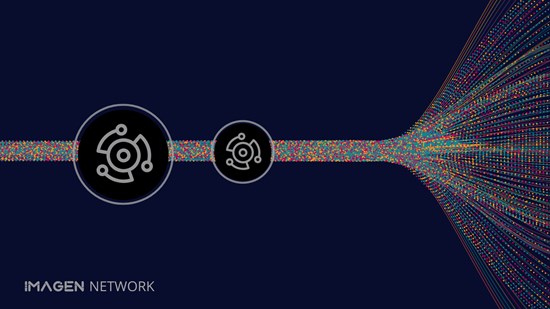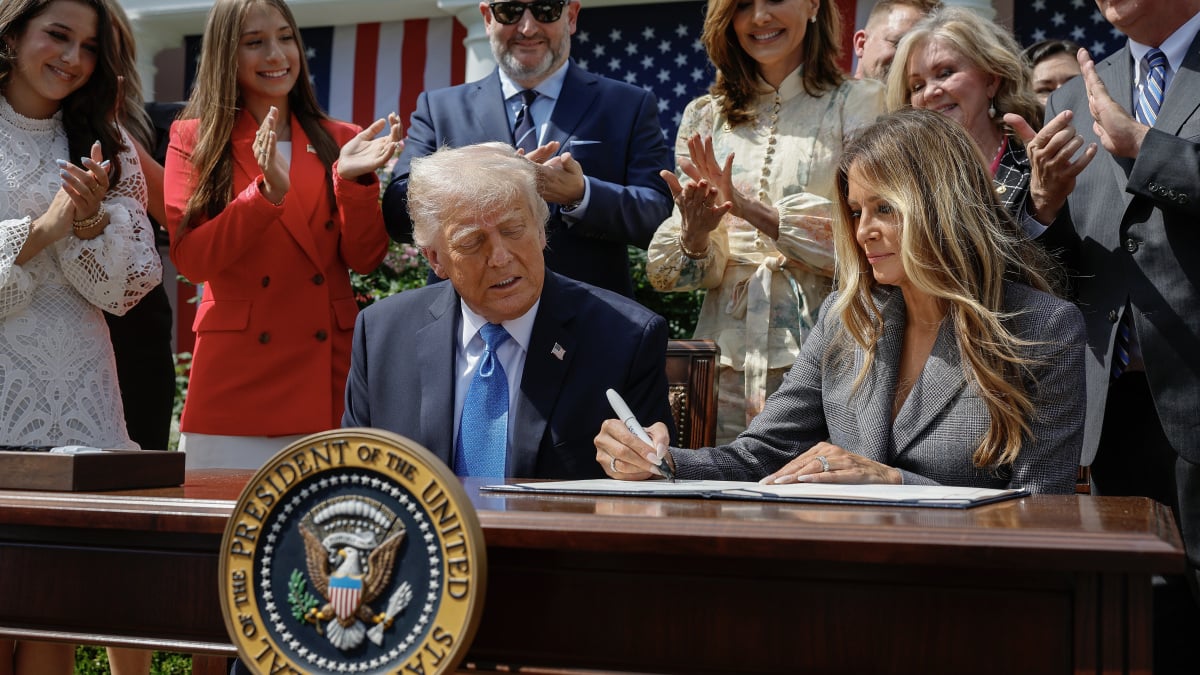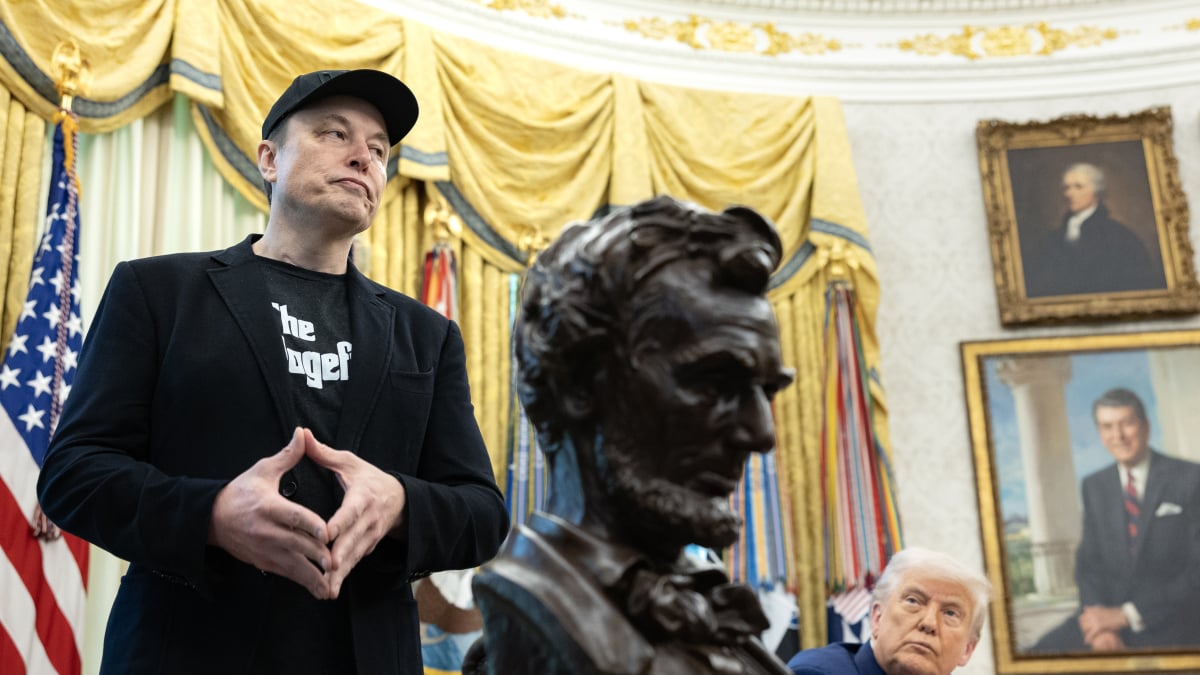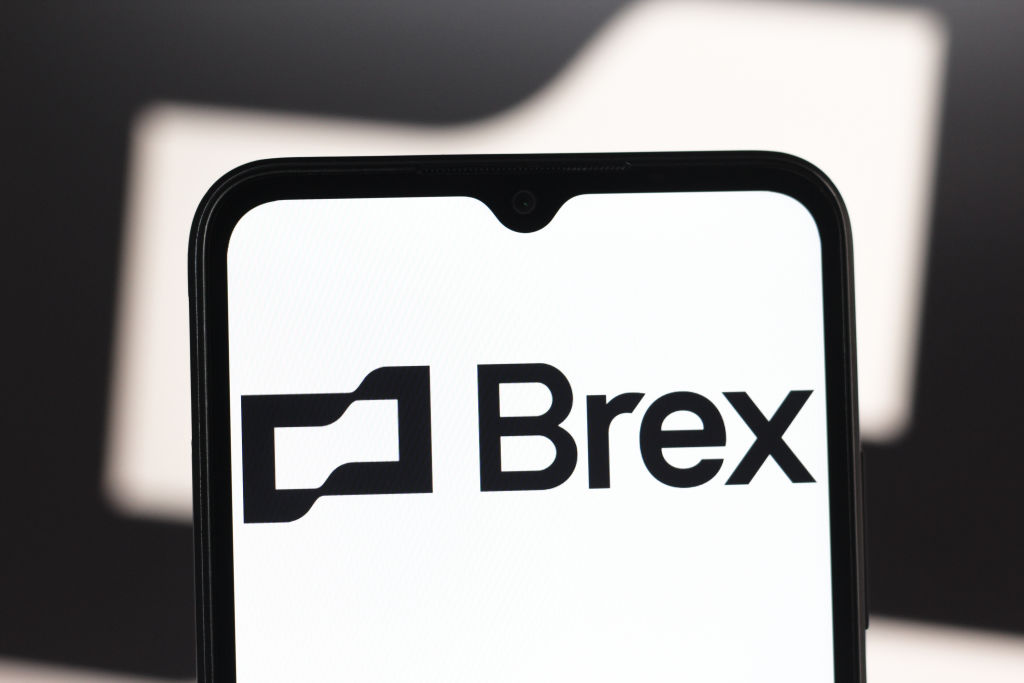The Take It Down Act, a controversial bipartisan bill recently hailed by First Lady Melania Trump as a tool to build a safer internet, is officially law, as President Donald Trump took to the White House Rose Garden today to put ink to legislative paper. It’s the first high-profile tech legislation to pass under the new administration.
“With the rise of AI image generation, countless women have been harassed with deepfakes and other explicit images distributed against their will. This is wrong, so horribly wrong, and it’s a very abusive situation,” said Trump at the time of signing. “This will be the first ever federal law to combat the distribution of explicit, imaginary, posted without subject’s consent… We’ve all heard about deepfakes. I have them all the time, but nobody does anything. I ask Pam [Bondi], ‘Can you help me Pam?’ She says, ‘No I’m too busy doing other things. Don’t worry you’ll survive.’ But a lot of people don’t survive, that’s true and so horrible… Today, we’re making it totally illegal.”
The bill, which criminalizes publishing or threatening to publish nonconsensual intimate imagery, including AI-generated deepfakes and pornography, was passed by the House of Representatives in April, following a successful run through the Senate. It requires social media platforms to remove offending content within 48 hours and prevent users from posting duplicates, and allows the Federal Trade Commission to sue non-compliant platforms. The law also adds protections for victims and clarifies prosecution guidelines for police, according to CNN.
Mashable Light Speed
Victims of nonconsensual intimate imagery previously had little legal recourse against perpetrators, and lawmakers have been slow to agree on how to address revenge porn broadly, even as it is increasingly exacerbated by advancing tech like AI — previous attempts to create criminal or civil pathways for victims, like the DEFIANCE Act, have failed.
Digital rights organizations have been extremely critical of the new legislation, warning lawmakers that the act’s broad takedown provisions and tight timeline may lead online service providers to more actively monitor users’ speech and fuel censorship of legal content.










